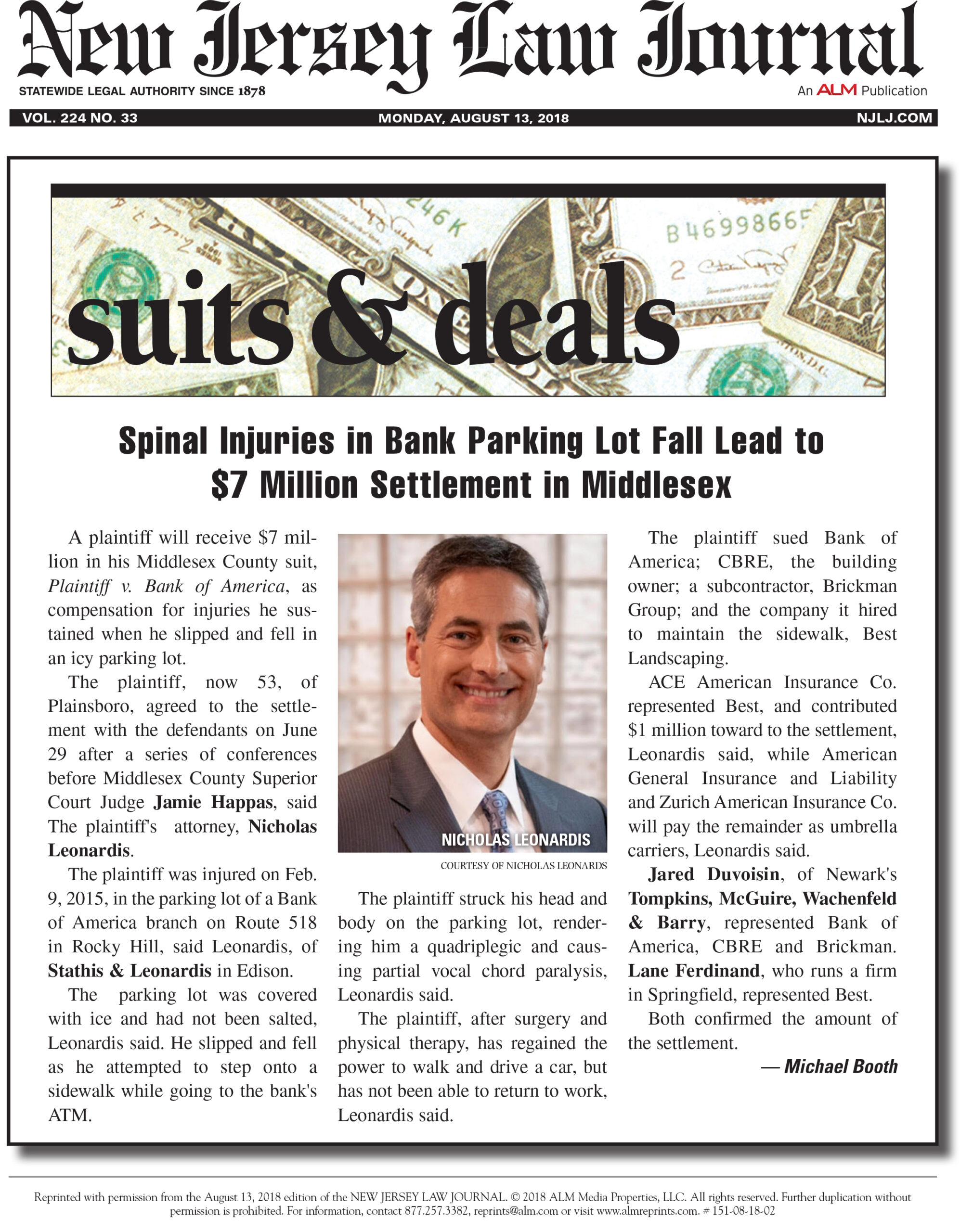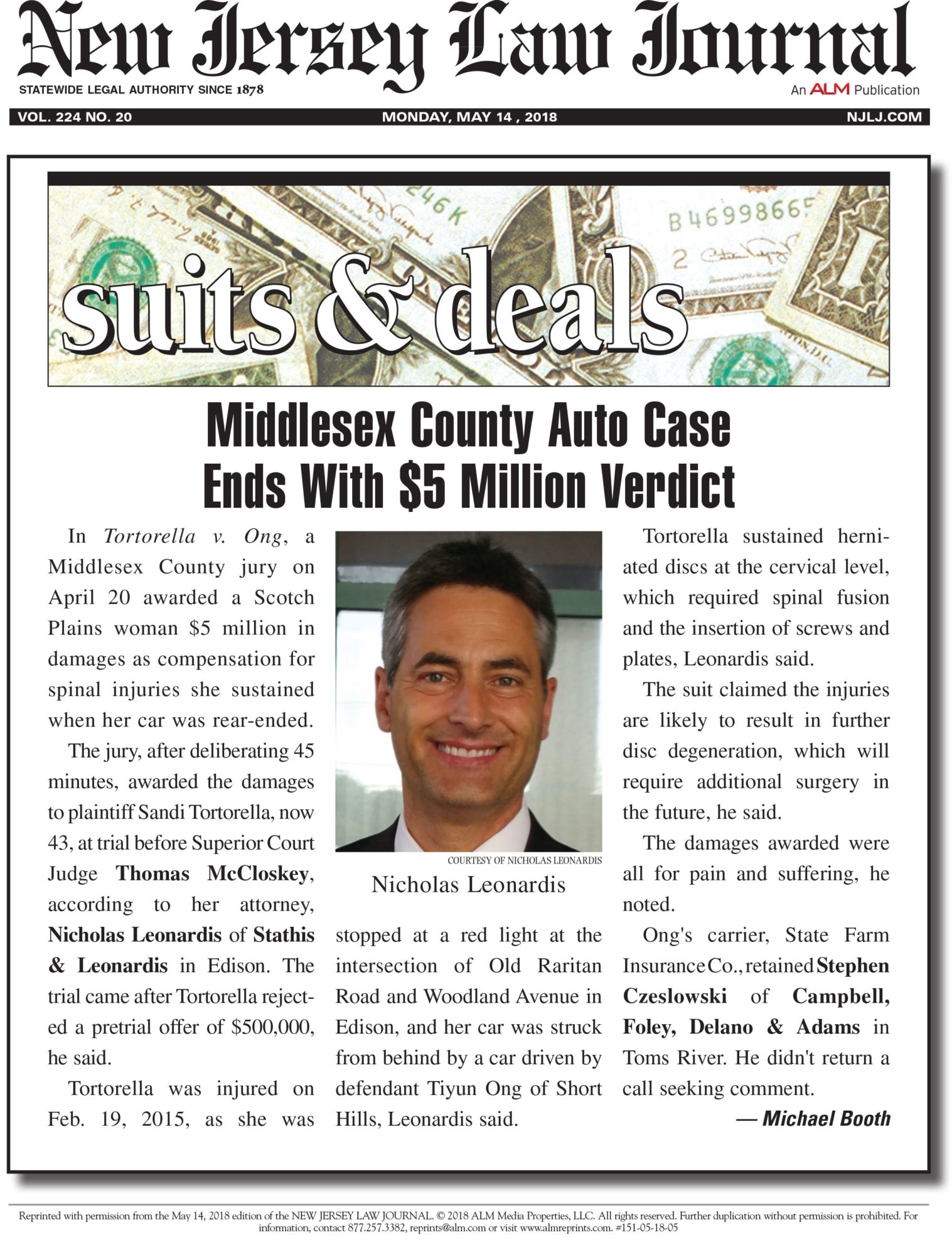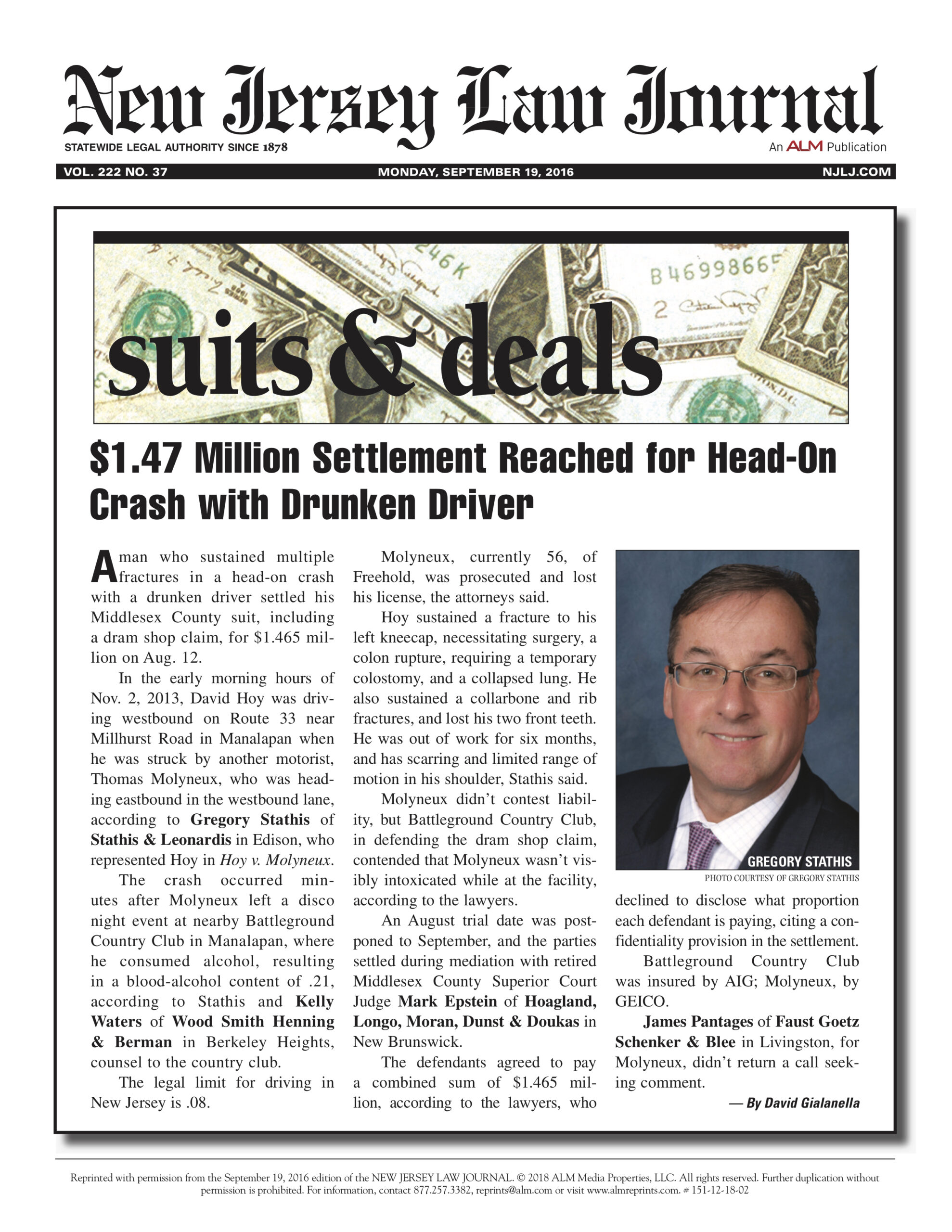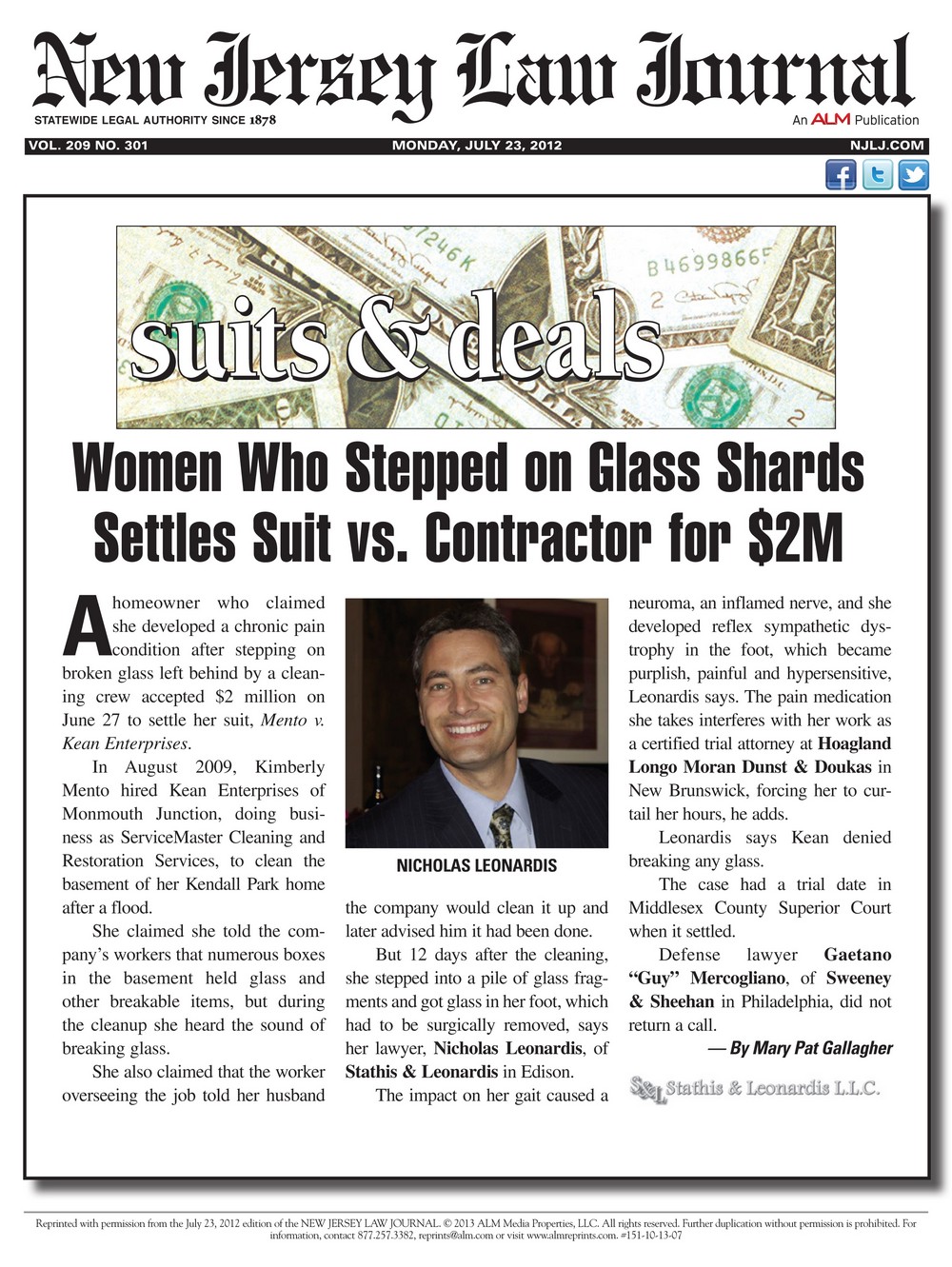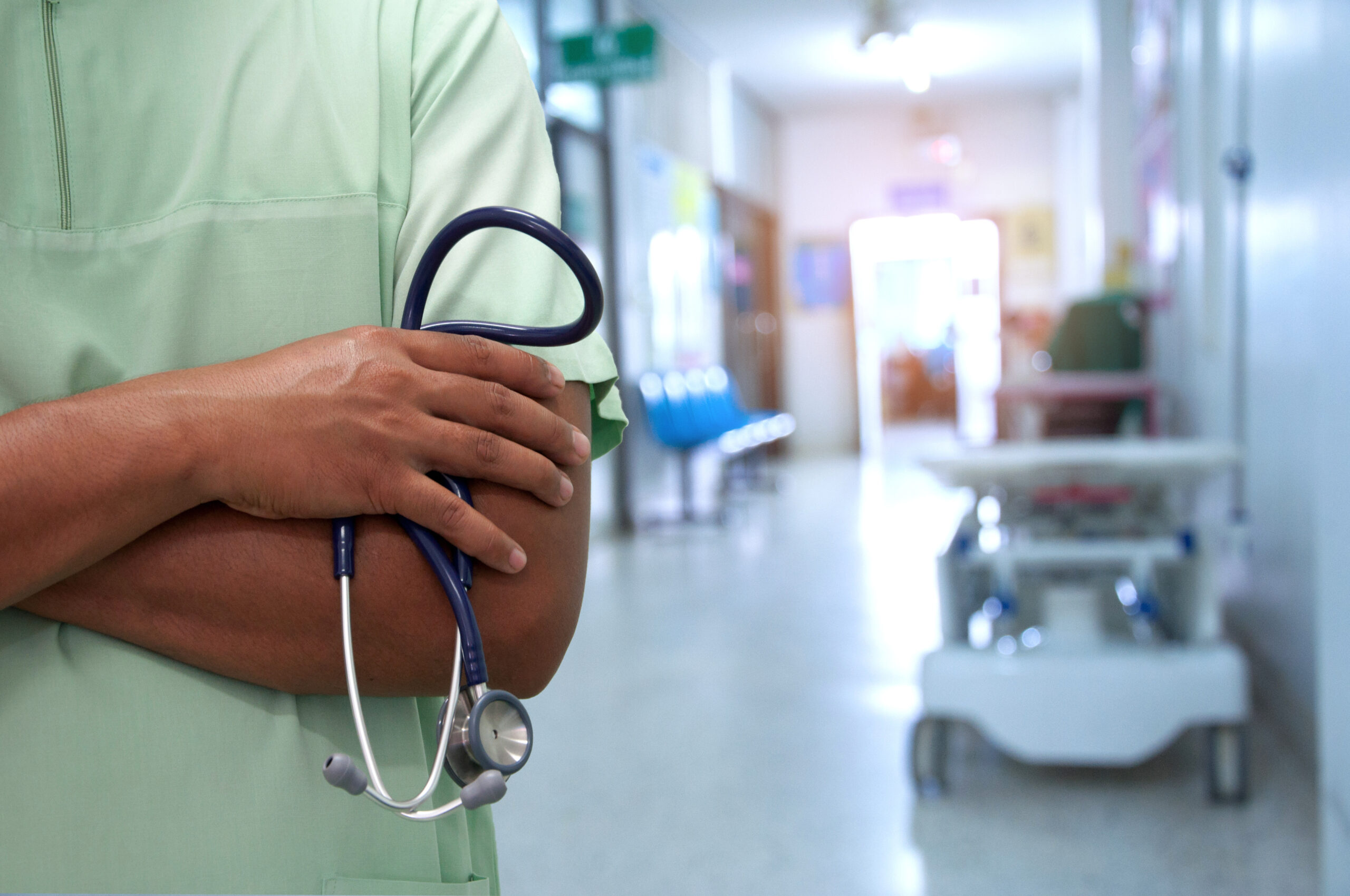
When you have suffered injuries through no fault of your own, you are entitled to seek compensation to cover the costs associated with your injuries. However, to recover the maximum compensation you may be entitled to, you must carefully record the economic and non-economic damages you’ve incurred. This includes any out-of-pocket costs, such as your medical expenses. If you do not seek immediate medical care after an accident, it could hinder your ability to collect the rightful compensation you deserve. Please continue reading to learn how refusing or delaying medical treatment after an accident can negatively impact your accident claim. In addition, contact a trusted Middlesex County Personal Injury Attorney who can help you fight to obtain the maximum compensation for your injuries.
Can I still file an injury claim if I was initially denied medical care in New Jersey?
Following an accident, injured individuals have the right to refuse any medical treatment as long as they can make a decision based on sound reasoning. However, if an accident leaves an individual unconscious, emergency medical treatment will be performed to treat their injuries. Conscious individuals can refuse or delay medical treatment regardless of the risks or consequences. However, despite the right to refuse medical treatment, it is critical to consider the potential consequences of this action as it can negatively impact the outcome of your claim.
What are the potential consequences of refusing or delaying medical care after an accident?
There are many reasons why people refuse or delay medical treatment. They often believe their injuries are minor or will heal independently without intervention. However, specific injuries may not be visible or have delayed effects, which, left untreated, could worsen. Therefore, it is crucial to seek medical attention, regardless of how severe they may seem. Delaying treatment can harm your health as it may result in a longer recovery period or contribute to long-term medical problems. Although your main priority should be your health, you must also consider the consequences denying medical treatment will have on your injury claim.
Unfortunately, failing to seek medical treatment after an accident provides the insurance company with a reason for denying your claim, as they can argue that you are not injured or have exaggerated your injuries as you did not require medical care. While you can still file a claim if you refused treatment at the scene, the insurance company may dispute causation for any treatment received later in connection with the accident. Comparative negligence laws rule New Jersey.
Under comparative negligence laws, a victim in an accident is responsible for mitigating further damage by taking reasonable steps, such as seeking immediate medical attention to ensure a speedy recovery. When victims fail to mitigate further damage by seeking immediate medical care, they can be held responsible for a percentage of failure in the accident. Therefore, if they are found 51% at fault in the accident, they will face an absolute bar of recovery for their damages.
As you can see, seeking immediate medical care after an accident is crucial to maximize your chances of recovering the maximum compensation you may be entitled to. If you have been injured due to someone else’s negligence, contact an attorney from the legal team at Stathis & Leonardis, who are prepared to guide you through this challenging time and help hold negligent parties accountable for their careless actions.

